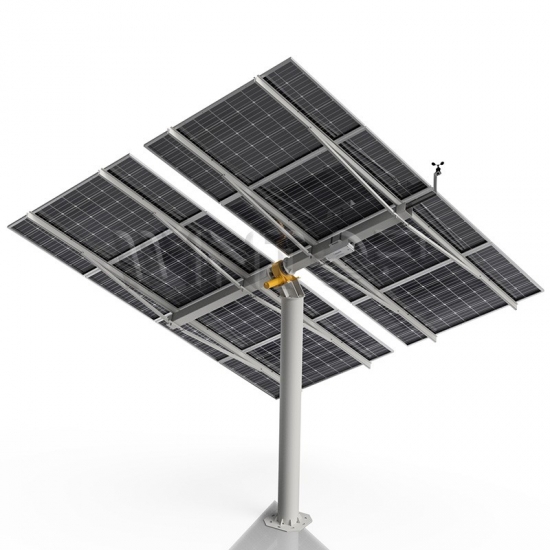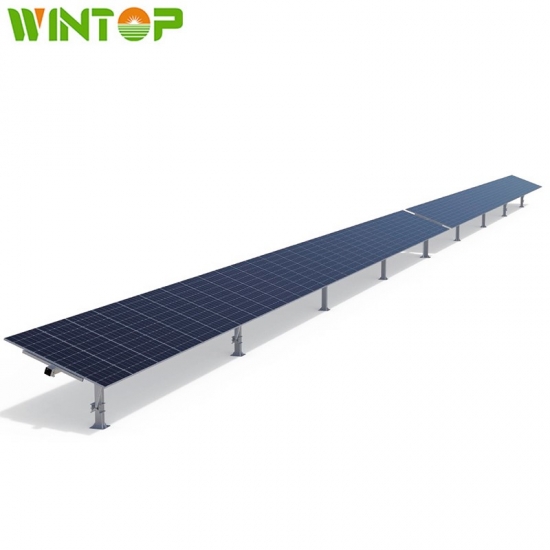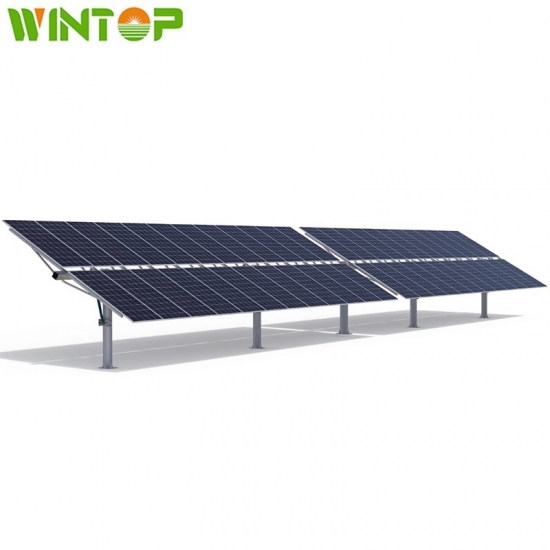When choosing a
solar tracker, the following factors need to be considered:
Solar energy yield gain: The main purpose of a solar tracker is to keep the solar panel facing the sun at all times, maximizing energy harvesting. Therefore, it is necessary to evaluate the design and performance of the tracker to ensure that higher solar energy production gains can be achieved.
Cost effectiveness: Solar trackers are typically more expensive than fixed installation systems. Therefore, economic analysis is needed to determine the investment return time and cost-effectiveness of the tracker, ensuring that it is worth investing in.
 Reliability and Durability:
Reliability and Durability: Choose solar trackers with high quality and durability to ensure their long-term stable operation. Consider factors such as material quality, corrosion resistance, weather resistance, and reliability of the tracking system.
Installation and maintenance requirements: The installation and maintenance process of solar trackers needs to be considered. Assess factors such as the complexity of installation, the difficulty of maintenance, and the technical and human resource requirements used.
Geographical location and climate conditions: Different geographical locations and climate conditions have an impact on the applicability of solar trackers. Considering factors such as local sunshine patterns, wind intensity, and precipitation, choose a tracker type and design that is suitable for the local environment.
 System stability:
System stability: The tracker should have stability and wind resistance to cope with various climate conditions and wind loads. Evaluate its structural design, wind resistance, and stability to ensure safe operation of the system under adverse weather conditions.
Tracking mode: The solar tracker can use single axis or dual axis tracking mode. A single axis tracker tracks the movement of the sun on one axis, while a dual axis tracker can perform precise tracking in both horizontal and vertical directions. Select the appropriate tracking mode based on specific needs and budget.
 Customizability:
Customizability: Some solar trackers have a certain degree of customizability and can be adjusted and optimized according to project requirements. Considering the customizability and flexibility of the system to meet the requirements of specific projects.
Taking into account these factors, one can choose a solar tracker that is suitable for specific projects and requirements.




